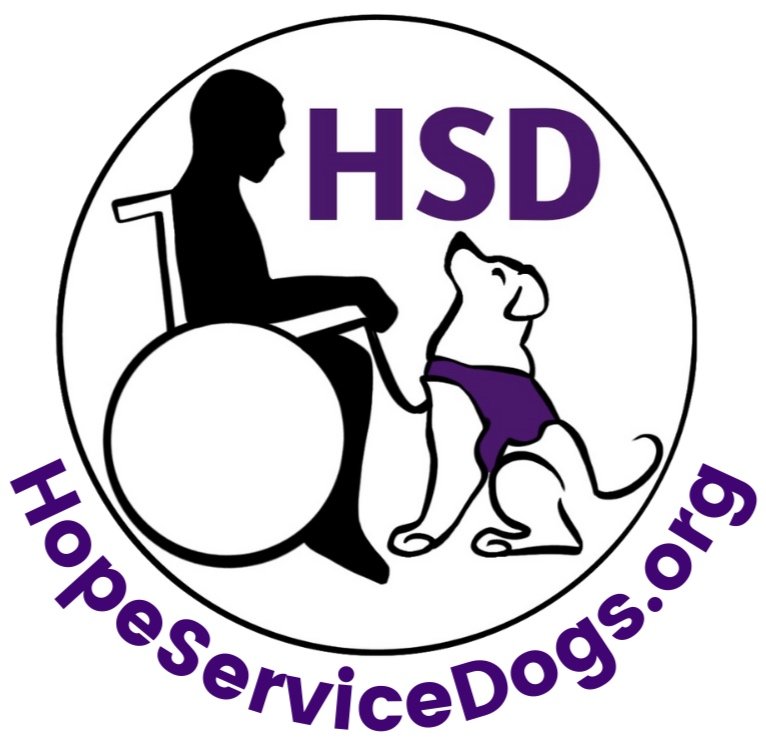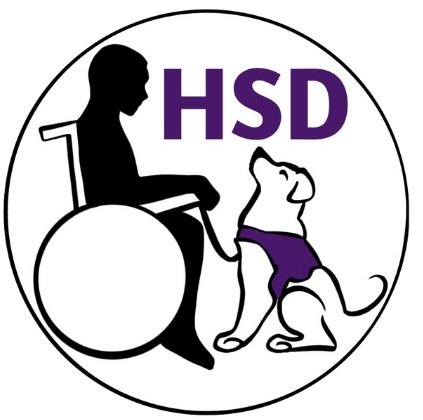Medical Assistance Service Dogs
Many medical response dogs are trained to "alert" their handlers to impending conditions before they occur. For instance, diabetes alert dogs can detect when a handler's blood sugar becomes too high or low.
However, their role extends beyond just alerting. Medical Assistance Service Dogs are equipped to:
Respond during a medical episode (Medical Response), providing immediate assistance when needed.
Aid in recovery afterward (Medical Recovery), helping their handlers regain stability and comfort.
This multifaceted support makes Medical Assistance Service Dogs invaluable partners in managing health conditions.
Service Dogs are trained to perform specific tasks that help mitigate their owners’ medical conditions. Some of the key tasks for Medical Assistance service dogs include:
▢ Alerting to changes in medical conditions through scent or sight
▢ Providing medication reminders to ensure timely intake
▢ Reassuring the handler during medical crisis
▢ Reorienting the handler after medical episode to help them regain focus
▢ Staying with the owner until help arrives for safety and comfort
▢ Waking the handler
These tasks are designed to provide critical support and enhance the safely and well-being of individuals with medical conditions.
Clover is incredible with his low blood sugar alerts. His window seems to be about 10 minutes before I really feel the effects - basically if I ignore his alert, 10 minutes later I will be dizzy, feeling weak and nauseous.
His heart rate alerts are exceptional - long before I even start to realize it’s going up. He stares me down when I hit about 93-99 and the alert immediately comes out when I hit 100, or over 120 if I’m walking.
Doctors have seen it in action and have remarked how incredible Clover is.
-Sara S in Las Vegas, Nevada
I am currently diagnosed with CPTSD, Idiopathic intracranial hypertension, reversible cerebral vasoconstriction disorder, and diabetes.
Bindi is task trained for (still working on some, of course):
1. Find my medicine (scented)
2. Harmful behavior interruption, crying interruption
3. Blocking, crowd control
4. Panic alert
5. Deep Pressure Therapy
6. Seizure alert (was natural, but she just went crazy so we are working at refining to an actual alert, which she is doing well at)
7. Oops retrieve
8. Waking me up from nighttime neurologic episodes
9. Leading me to mom or husband in public.
And we may add more as my noggin continues to fizz out thankfully medicine is now helping and Bindi just loves learning.
-Wendy C in Orlando, Florida



